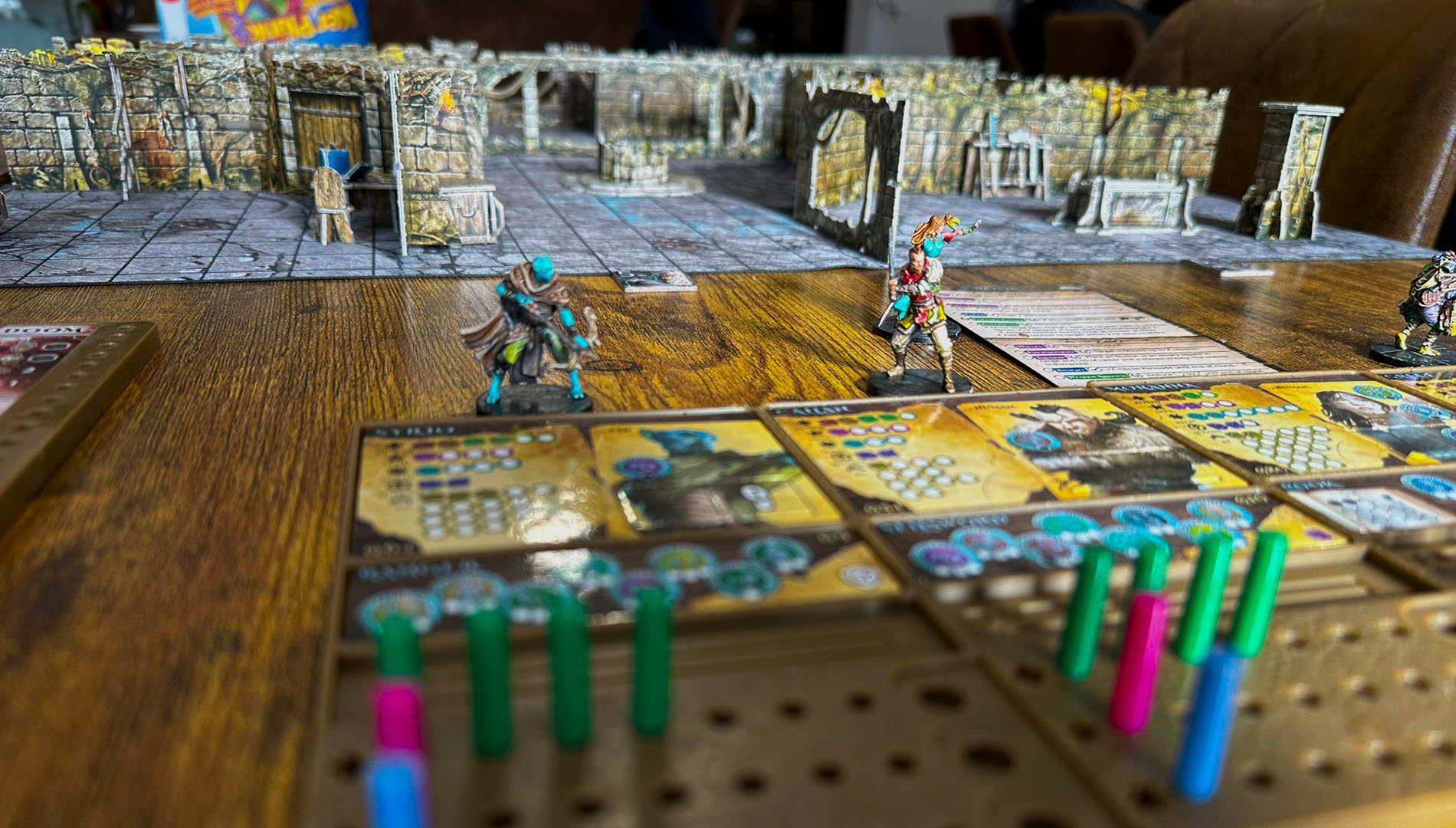
I never expected to find myself making a call to my former employer to say I had anxiety and depression, and I needed to take a break. But, like the 1 in 4 of us that will have mental health problems at some point in our lives, a number of factors added up to be more than I could handle.
At this point, you’re probably asking why I’m sharing the story above with you. The reason is that the theme of this year’s Mental Health Awareness Week is community, so I want to celebrate all the good that comes out of our gaming connections. Now, first of all, a quick disclaimer: mental health is complex and the support for it is varied, so no one thing is likely to be an answer. However, what I can say from personal experience is that my gaming community played a huge role in my recovery and ongoing mental wellbeing.
Maybe yours can too.
Before I go on: if you only take one thing away from this article, it should be that if you’re struggling with your mental health, it’s OK to ask for help and that there is support out there. A great place to start is the website of the mental health charity Mind: www.mind.org.uk/information-support/
OK diversion over, back to the article.
As many of you will have found, tabletop gaming can have a really positive impact on your mental wellbeing. For me, playing with toy soldiers and making up stories with my friends has been both a lifeline and a great way to reduce stress. It sounds silly put like that, but it’s far from it and I now see making time for it as preventative medicine that I need to take regularly to stay well. I think that we too often undervalue the importance of having a hobby, but the benefits can be huge. That could just as easily be cycling, football, woodwork, gardening, or art, but for many of us, gaming plays this role.
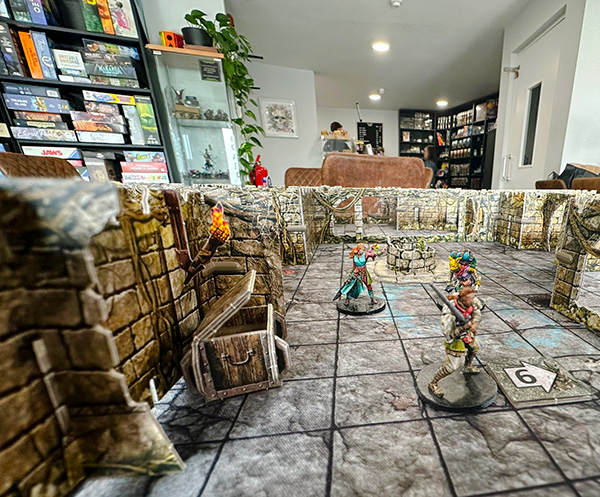
These benefits can come in a range of forms. For example, painting miniatures or playing through a solo game can be a mindful process that gives you a break from stressful situations. It’s no coincidence that it was during the COVID-19 lockdowns that I first stumbled across Core Space!
However, in my experience, the community side of the hobby is the part that has the potential to have the biggest positive impact. When I moved to a new city recently, one of the hardest things to adjust to was having no friends locally. It might seem trivial, but social isolation can have a huge impact on your mental and physical wellbeing. Enter local legend, Josh, who set up our tabletop gaming club with a mission to reduce isolation, support mental health … and bicker about exactly what a particular rule really means of course.
The beauty of this is that a shared passion can be a potent way to bring people together, and from there you can build friendships. Tabletop gaming is particularly good at this I think. Every minute that your armies are clashing across the table, or you’re strategising over a boardgame, or your adventuring party are conspiring to adopt yet another pet, you’re connecting with people. Conversations might start as sharing pictures of painted minis, debating an exciting new release, or moaning about the prices of a certain popular game, but once people are already talking, it makes opening up about more serious things easier too.
I spoke to Josh about establishing the club and why he did it:
“I had a job as a chef that I enjoyed, but I had to give that up when I became a carer. Adjusting to that meant that I was having big problems with my mental health. Wargaming helped me, but I couldn’t find enough people to play with. My counsellor suggested that I start a club to meet people who enjoy the hobby, and so I gave it a try. At first, it was just a few people, but then we soon outgrew our first venue, and then a second. The city where we’re located isn’t very big, but the club now has almost 100 members. A tabletop gaming café also grew out of the club, and that now has an online community of 250+. I love it. It’s amazing to see people having fun and looking out for each other. It’s a great feeling to help people out and to give something back to your community.”
– Josh, Three Spires Gaming
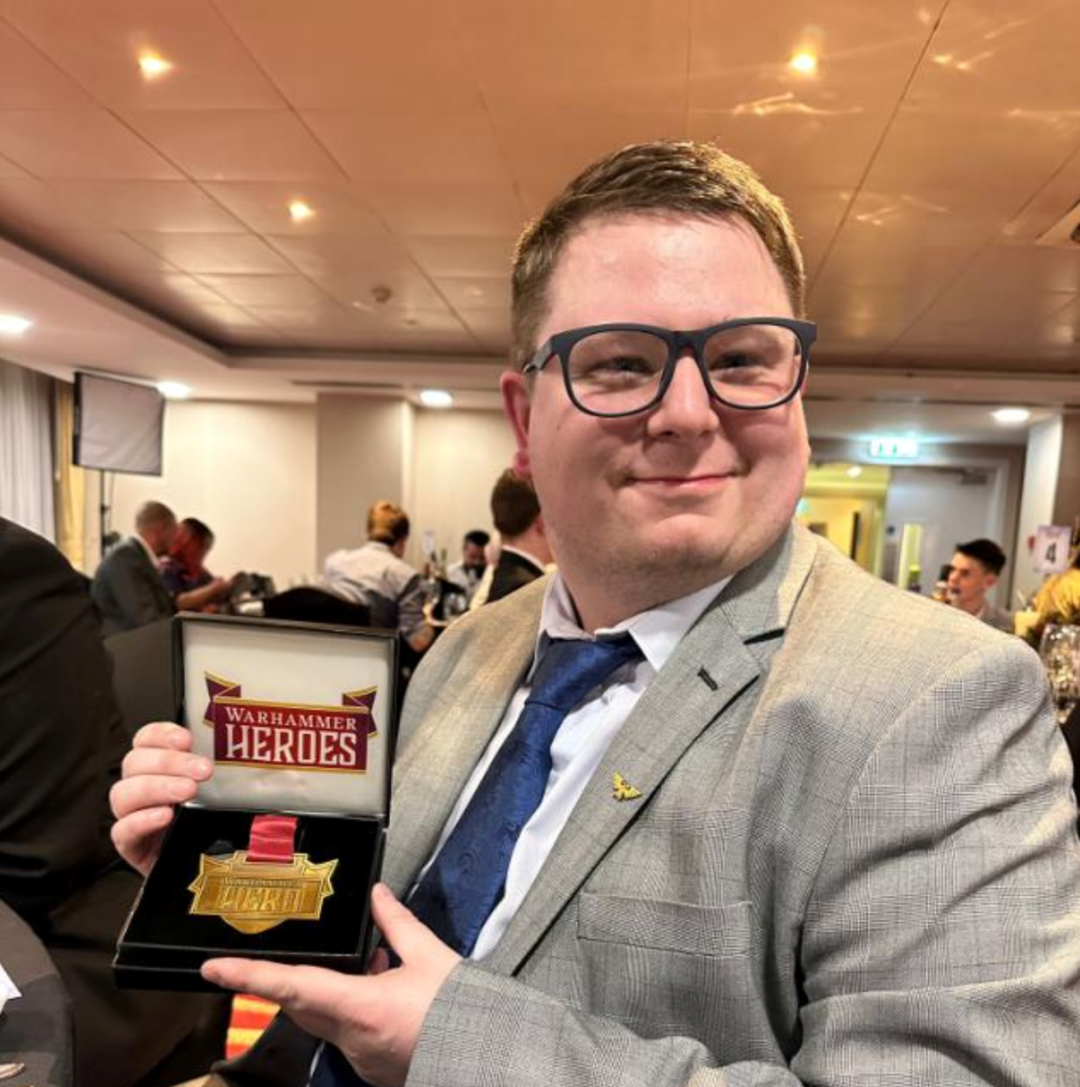
Josh’s decision to set up the club has led to many hours of fun, new friendships, and a bunch of people who are looking out for each other. If we don’t hear from someone for a while, someone will usually check in on them, if someone is going through a tough situation people will give support, and there’s always someone you can have a long chat with if you need it.
So, if you are an avid tabletop gamer, give your local club or friendly local game store a try. (If you are based in the UK this tool is a good place to start https://www.tabletopgaming.co.uk/clubs/). I’ll admit I was anxious to go to the first session, but it has paid off handsomely so I highly recommend it.
If you’re already a member of a gaming community, don’t take it for granted. It’s probably playing a big role in your wellbeing and that of people around you. Pay attention when someone you know has dropped off the radar. It could be nothing, but losing interest in things that someone usually loves is a common sign that someone is having a hard time. Also, bear in mind that mental health challenges aren’t always visible. If you ask someone how they are, they will often say they are fine out of routine or politeness. Sometimes, if you ask again, they will open up. If you are finding things hard yourself, please try to share it with someone. The illness will often make it seem like you are being a nuisance, but you are not.
UK clubs can also register as a CALM club to take a more active role in supporting mental health.
Or, if you live somewhere without a group (or perhaps you didn’t find one you gelled with), then consider setting one up. Thanks to things like the Marvel films and Stranger Things, nerds are now everywhere. You’ll be surprised how many people are waiting for someone else to take the first step! Bob World Builder has some excellent advice on getting a group together for tabletop gaming and keeping it going in this video too.
This is all easier if you live in an area with a lot of people of course, but online tools have transformed the way communities can form. If meeting in person is difficult because of the distances involved, join a forum on topic that you enjoy. (Why not start with the friendly Battle Systems terrain, Core Space, and Maladum Facebook groups, or our discord). Or look for ways to play online – some of the best RPG sessions I ever had were playing through virtual tabletops during the lockdowns.
Thanks for taking the time to read this post, look out for your friends, be kind to yourself and, of course, happy gaming!
– Ben
Note: the links and examples listed here are mostly UK-based because we are. If you have similar resources for your country please share them in the comments below for other readers.


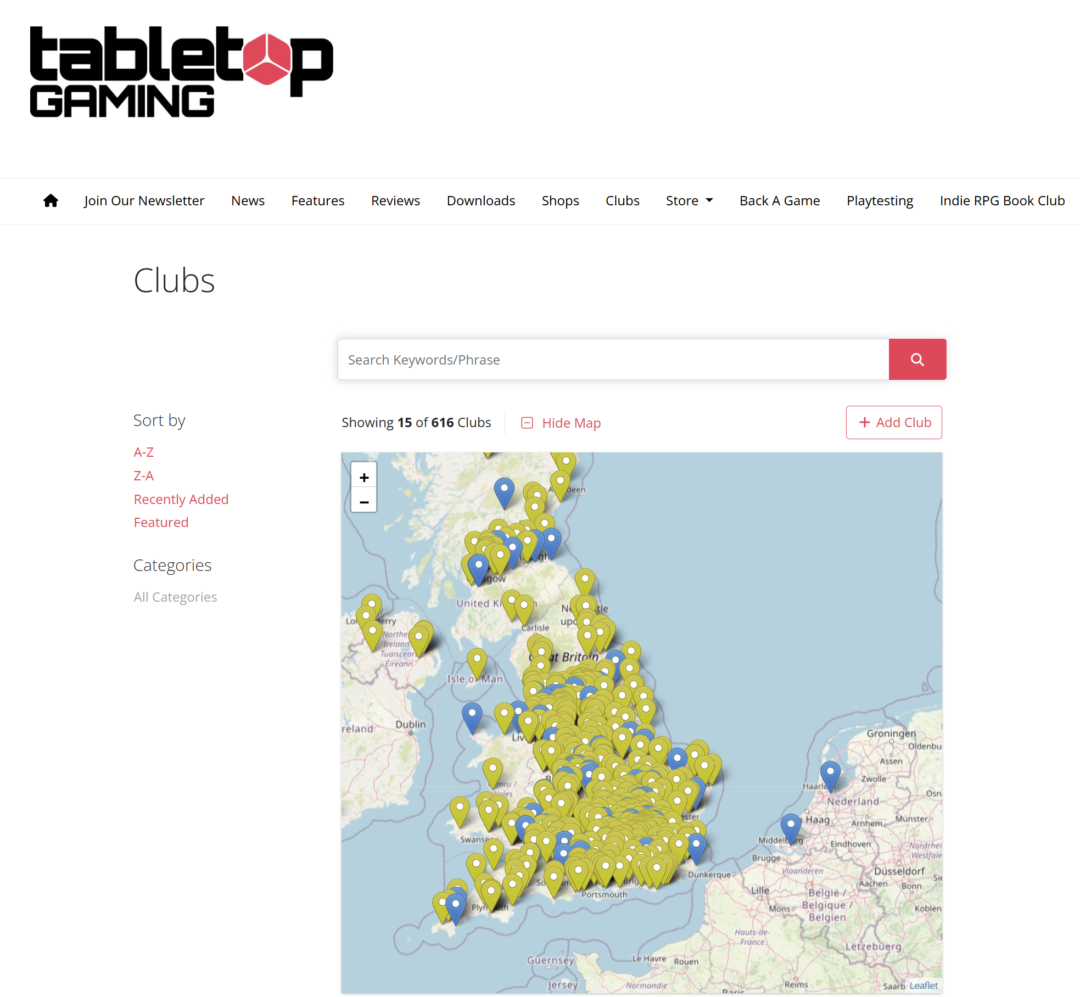
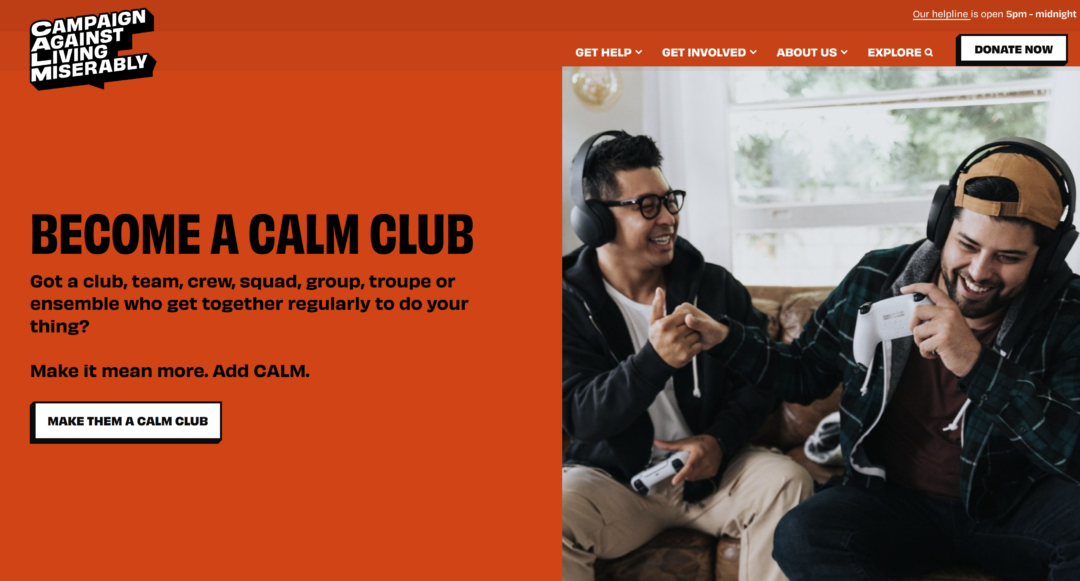


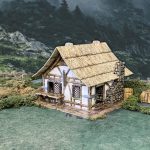
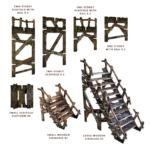
Ate | SpeelHart
May 16, 2025 at 4:50 am
What a heart-felt and well-written article. Thank you for this, Ben. Much appreciated!